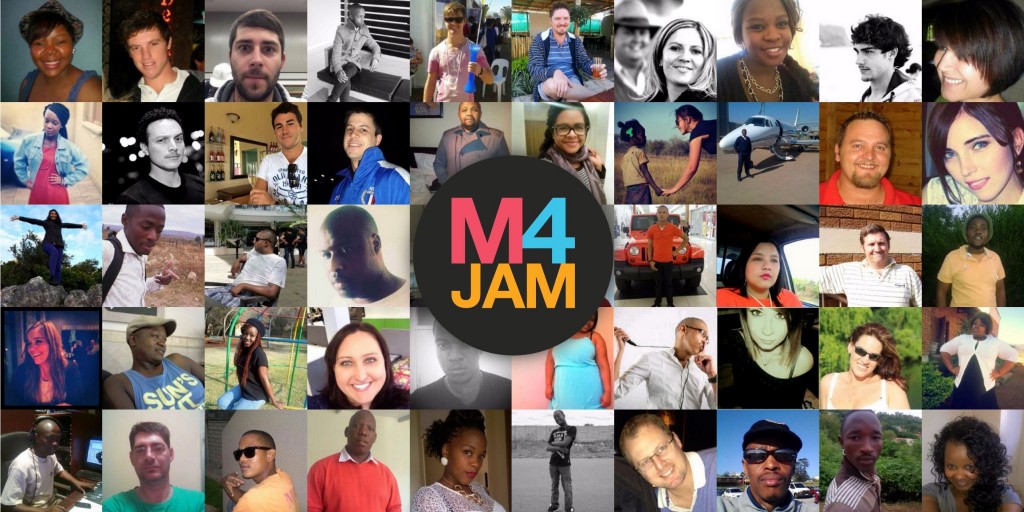When most people think of “the cloud”, they think of the internet or data storage. But the cloud is evolving into a human resource – the “human cloud” – and changing the way we work. By Andre Hugo, co-founder and chief jammer at M4JAM (Money for Jam)
Thanks to mobile technology, workers are no longer bound to their desks, offices, countries or even full-time jobs. Instead, they can work within the human cloud on any connected device. This gives them the power to choose what work to do and when to do it. Simultaneously, the human cloud allows your brand or business to access staff on demand, creating the flexibility to manage your workforce in accordance with client demand. It’s a win-win as we take a step beyond cloud-based businesses to cloud-based workforces.
At its core, this cloud-based workforce links to the idea of crowdsourcing. It’s about connecting brands and businesses to a community of willing workers (rather than employees) who could be anywhere in the world, provided they have an internet connection, and who are rewarded solely for their output.
Globally, there are several crowdsourcing businesses tapping into the human cloud model to fulfill a range of client requirements. Upwork (previously Elance) connects its four million clients with 10 million freelancers around the world to complete three million tasks annually, ranging from writing to programming. Kaggle brings together a community of data scientists from over 100 countries who compete with one another to solve complex data science problems for industries ranging from financial services to energy and retail. Similarly, 10EQS connects clients with global top talent in a structured, online collaboration environment to get answers to business questions quickly and inexpensively.
For businesses, that’s one of the biggest drawcards of the human cloud: quick results from real people, without breaking the bank. It’s this vision that we had in mind when launching M4JAM – a “microjobbing” platform that has racked up a community of more than 100 000 active “jobbers” in just over a year, who complete tasks ranging from surveys to point of interest validation and mystery shopping. The real differentiator for M4JAM is that the majority of our jobbers come from developing markets across Africa, which presents clients wanting to expand into the continent with real-time insights into these markets.
With this in mind, there is also potential for the human cloud to expand in other developing markets like India, Brazil and Mexico. Not only are they fertile breeding ground to grow your business or brand when you have the right insights, but there is also an untapped pool of resources ready to complete your business tasks as and when you need them.
Beyond gaining insights from these markets, the human cloud also provides you with the opportunity to address the potential skills shortage that exists when your permanent, paid employees simply don’t have the time or experience to do the work required. You’re no longer constrained by a bricks-and-mortar workspace – you can get the work you need from the cloud-based workforce.
This is particularly useful for small and medium enterprises (SMEs) that need the manpower and real-time insights to keep up with their biggest competitors, but lack the funds to hire a substantial permanent workforce. The ability to draw from a pool of international workers, along with the flexibility and all-round cost savings, make it a “no-brainer” that SMEs should be going the human cloud route.
Those who have already seen the power of the human cloud can advocate for its power to eliminate skills shortages, ease unemployment and change the way work and business is done. There is no doubt the need to navigate this new way of doing things to fully harness this power for both the employer and the new workforce. However, there is also no doubt that as businesses and brands continue this new model, the human workforce will become the driving force.
It’s another way the cloud is making it rain for employers and workers alike.

